The University of Technology Sydney, where Mapping Edges Research studio is located, was one of the first Australian universities to become a Signatory to the University Commitment to the United Nations Sustainable Development Goals in 2016. Supporting action on the SDGs at a large university involves getting down to the details of research projects like The Green Square Atlas of Civic Ecologies.
This project supports Goal 11: Make cities and human settlements inclusive, safe, resilient and sustainable
‘Cities are hubs for ideas, commerce, culture, science, productivity, social, human and economic development. Urban planning, transport systems, water, sanitation, waste management, disaster risk reduction, access to information, education and capacity-building are all relevant issues to sustainable urban development.’
In large global cities like Sydney even small-scale solutions can deliver meaningful changes to neighbourhoods, making them more inclusive, safe, resilient and sustainable.
Through a highly participatory place-based methodology, the research captures and maps the stories of 11 civic ecologies champions who live and work in Sydney’s Green Square Precinct, Australia’s biggest urban renewal project. These champions – verge and community gardeners, honey producers and artists, among others – describe the ways in which their environmental activities are shaping their local neighbourhoods, as well as fostering stronger relationships within the community.
These stories are important because they articulate the importance of both grass roots actions and policy to sustainable development in cities, providing a model for looking beyond the developer hoardings and the artist impressions of architectural and planning documents.
The Atlas also includes simple suggestions to help environmentally minded Sydney residents to kickstart their own civic ecological practices, from seed saving and foraging to creating habitats for urban wildlife, no matter where they live. The atlas also includes suggestions and directions for inhabitants of Green Square to get to know the stunning and often surprising ecologies that are hidden in and around the precinct’s streets.
We all have a role to play in supporting the SDGs, as urban stewards, as researchers, as activists, and as policy makers. The Green Square Atlas of Civic Ecologies is a tool to help readers reconnect with the world using all their senses ‘in order to re-orient, navigate and take action as political bodies in an ecological crisis.
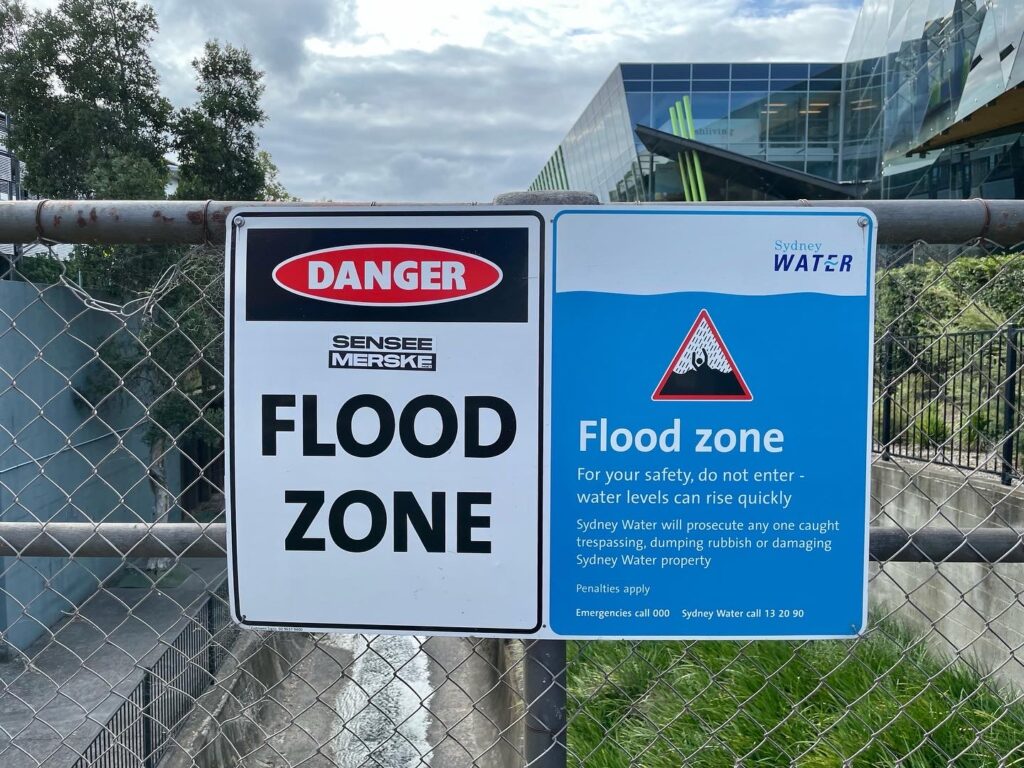 Disaster risk reduction (DRR) is an integral part of social and economic development, and is essential if development is to be sustainable for the future. Green Square civic ecologies include sustainable water management by residents and government to avoid flooding.
Disaster risk reduction (DRR) is an integral part of social and economic development, and is essential if development is to be sustainable for the future. Green Square civic ecologies include sustainable water management by residents and government to avoid flooding.

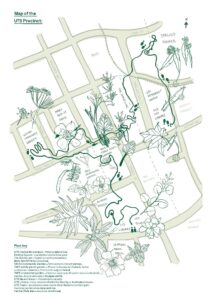
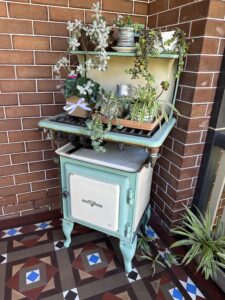
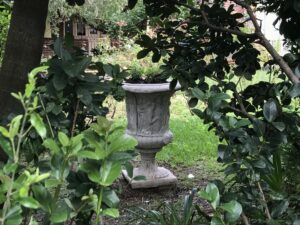
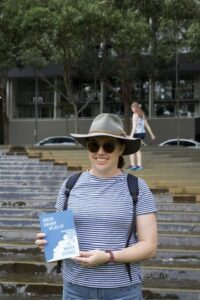
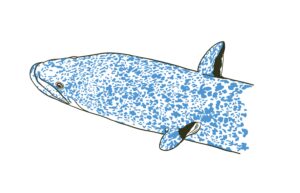
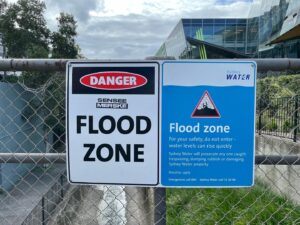
0 Comments